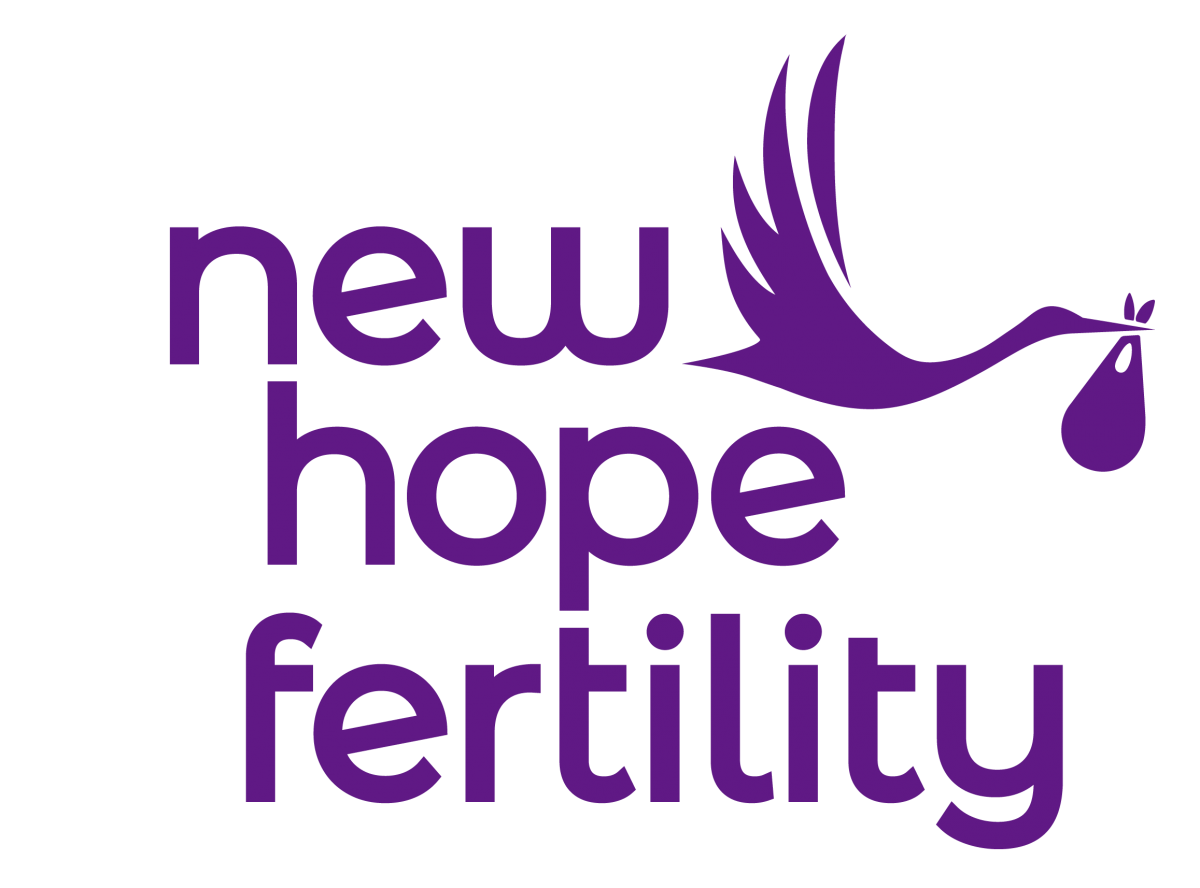Deciding that you’re ready to start or expand your family is an exciting time. But as months go by without a positive pregnancy test, it’s normal that you might start to wonder whether something is wrong.
Roughly 19% of individuals struggle to get pregnant within one year. If you’re one of them, you know how quickly anticipation and excitement can turn to stress, worry, and fear that your time will never come.
Fortunately, amazing strides have been made in the field of reproductive medicine, and many individuals have had success with the use of fertility treatments like IUI or IVF. So how do you know when to see a fertility specialist? Below, we’re exploring five signs that it might be time to make an appointment, plus some helpful information on exactly how a fertility doctor can help you achieve your family planning goals.
What is a Fertility Specialist?
A fertility specialist, also called a reproductive endocrinologist, is a doctor who specializes in female and male infertility, working with individuals and couples who have been unable to conceive naturally. This specialty is a subset of obstetrics and gynecology, with a focus on infertility due to both known and unknown factors.
If you’re questioning what doctor to see when trying to get pregnant, you may have heard that the common recommendation is to wait until you have been trying to get pregnant for one year (or six months if you are 35 or older) before seeing a fertility specialist. However, you can make an appointment with a fertility specialist anytime in your fertility journey if you have concerns about your reproductive health.
What Does a Fertility Doctor Do?
Fertility doctors are trained in a wide range of techniques and procedures related to the diagnosis and treatment of reproductive issues. Some of the services offered by a fertility doctor may include:
- Fertility consultations
- Fertility counseling
- Genetic testing and counseling
- In-vitro fertilization (IVF) and other procedures
- Egg freezing and preservation
- Egg donations and surrogacy
When you go in for your initial fertility consultation, you’ll get an in-depth overview of what services are available to you, as well as what your recommended next steps are.
When to See a Fertility Specialist
All situations are unique, and it’s up to you when you decide to seek specialized care related to infertility. That being said, there are a number of signs that you’re better off making an appointment with a fertility specialist sooner rather than later.
If You’re 35+ and Haven’t Conceived After Six Months
The quantity and quality of eggs that a woman has to do decline with age. And while being 35 or older does not necessarily mean that you will have trouble conceiving, if you’ve been trying for at least six months without any results, a fertility evaluation may be the next step.
If You Meet the Qualifications for an Infertility Diagnosis
A woman is considered to be infertile if she has failed to become pregnant within one year despite having well-timed and unprotected sex. Certain conditions can result in an infertility diagnosis, including polycystic ovary syndrome (PCOS), endometriosis, and uterine fibroids.
If any of these diagnostic criteria apply to you, it’s worth consulting a fertility specialist and having a full work-up done to evaluate your chances of natural conception and discuss whether treatment may be a good way to go.
If You Have Concerns About Your Reproductive Health
You know your body better than anyone. Working with a fertility specialist may be advised if you have irregular or unpredictable periods or if you have a history of gynecological issues. The same goes for reproductive health concerns that your partner might have, such as ongoing erectile dysfunction or other abnormalities.
If You’ve Experienced Multiple Pregnancy Losses
Miscarriage is surprisingly common, impacting as many as 10-20% of all pregnancies. Less common, however, is recurrent pregnancy loss, which is defined as having two or more losses of known pregnancies, especially losses that occurred in the second trimester or later.
A fertility doctor can perform tests that may be able to pinpoint the underlying cause of recurrent pregnancy loss. They can also provide additional medical care during pregnancy to hopefully reduce the risk of loss.
If You Engage in Certain Lifestyle Behaviors
Lifestyle factors that can impact your fertility include smoking, substance use (including excessive alcohol use), and obesity. If one or more of these factors apply to you and/or your partner and you are struggling to conceive, a fertility consultation may be helpful for planning out your next steps.
Get Help On Your Fertility Journey
The five signs mentioned above are just a few examples of when you might want to consider seeing a fertility specialist. Ultimately, the decision is up to you, and there is no right or wrong way to go about trying to build your family.
If you feel that you are ready to meet with a fertility doctor, we invite you to contact us today to schedule an initial consultation. At New Hope Fertility Center, we offer customized fertility care with a focus on non-invasive treatments. Visit us at one of our premier New York locations, and get the answers and support you need to move forward with confidence.
Why New Hope?
New Hope Fertility Center is home to world-renowned fertility specialists. We custom-design fertility treatments for the individual to increase the chances of a successful pregnancy. Our specialists believe in putting the patient first and being with them through every step of the fertility journey. Our team is well-versed in helping women of all ages reach their fertility goals and we are passionate about educating and supporting our patients throughout their journey. If you want compassionate fertility care, New Hope is the right place for you. Call us at (347) 970-8479 or schedule your initial consultation today!

